Hosts
The travel grants enable international postdocs to explore our research location on site and connect with our researchers, in particular with the seven hosts. Here you find more information on the hosts for the international postdocs. Additionally you can connect with our PIs during your stay.
Our Hosts
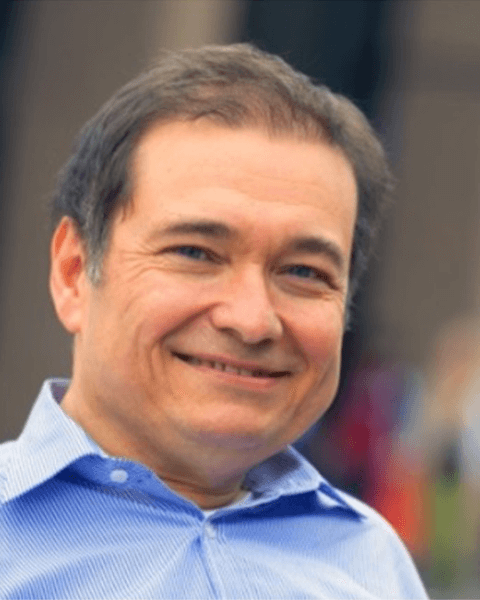
Prof. Dr. Dr. h.c. Onur Güntürkün
Biopsychology
Ruhr-Universität Bochum
Faculty of Psychology
Department of Biopsychology
Email: onur.guentuerkuen@rub.de
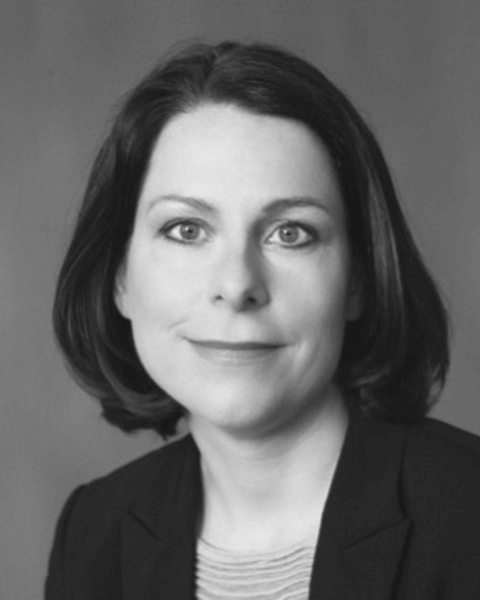
Prof. Dr. Ulrike Bingel
Neurology
University Duisburg-Essen
Faculty of Medicine
Clinic for Neurology
Email: ulrike.bingel@uk-essen.de
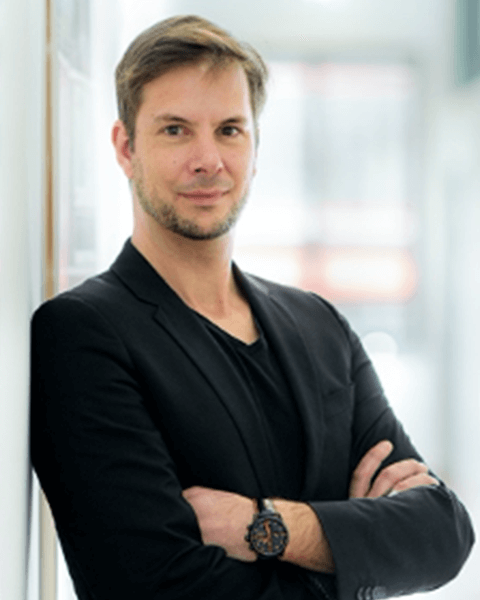
Prof. Dr. Matthias Brand
Computer science and applied cognitive science
University Duisburg-Essen
Department of General Psychology: Cognition
Division of Computer science and applied cognitive science
Email: matthias.brand@uni-due.de
Our research focuses on cognitive and affective mechanisms of human decision-making behavior, especially in the context of behavioral addictions. We use experimental psychological paradigms, neuropsychological testing procedures, and questionnaires. Going beyond behavioral data, we also use physiological methods to measure changes in heart rate, skin conductance, (stress) hormone concentration, or brain activity. The connection to the Erwin L. Hahn Institute for Magnetic Resonance Imaging (ELH) in Essen enables us to perform brain imaging studies using a 7 Tesla fMRI. We are particularly interested in the question of why individuals repeatedly choose to engage in a specific behavior despite experiencing negative consequences as a result. We look at specific forms of addictive Internet use, e.g., in the context of gaming, online shopping, use of online pornography, or use of social networks, and explore their potential similarities and differences in the addiction development process (esp. in the DFG Research Unit FOR2974).
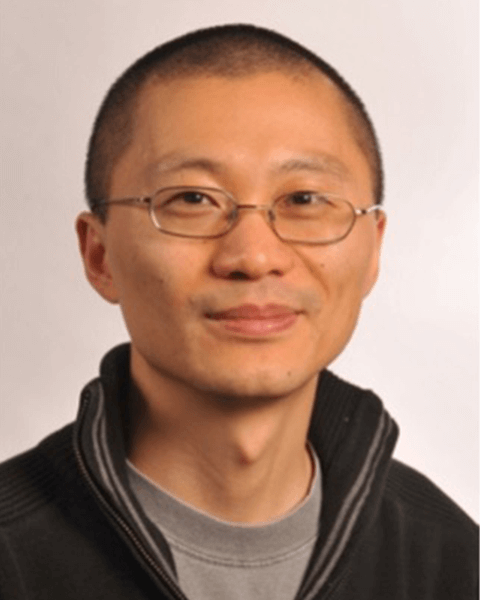
Prof. Dr. Sen Cheng
Computational Neuroscience
Ruhr-Universität Bochum
Institute for Neuroinformatics
Computational Neuroscience
Email: sen.cheng@ruhr-uni-bochum.de
My research group investigates the neural mechanisms underlying learning and memory. We are primarily interested in the hippocampus, the brain region that is mainly involved in episodic memory, as well as in the learning and memory of sequences. Our research focuses on the dynamics of these processes, which has received relatively little attention to date.
We employ two complementary approaches. Our first approach is modeling, including mathematic models as well as computer simulation of complex networks. While all models are simplified, we aim to build biologically realistic models that capture the essence of the neural circuit mechanism underlying learning and memory. Our second approach is data-mining. We develop methods for model-based data analysis and apply such methods to experimental data. These data include electrophysiological and EEG recordings as well as behavioral data. We collaborate closely with neuroscientists on the RUB campus and at other universities in Germany and abroad.

Prof. Dr. Denise Manahan-Vaughan
Neurophysiology
Ruhr-Universität Bochum
Faculty of Medicine
Department of Neurophysiology
Email: Denise.Manahan-Vaughan@ruhr-uni-bochum.de
We focus on the characterisation of hippocampal synaptic plasticity as a learning mechanism. Two types of synaptic plasticity are primarily investigated: long-term potentiation (LTP) and long-term depression (LTD). We also study metaplasticity (as a higher order modulator of synaptic plasticity).
We have a multidisciplinary approach which incorporates in vivo electrophysiology in freely moving rodents with in vitro electrophysiology using the hippocampal slice preparation, as well as behavioral analysis of learning, confocal microscopy, immunohistochemical, biochemical and molecular biological analysis. We are interested in both the physiology and pathology of learning and memory / synaptic plasticity.
On a physiological level we examine how synaptic plasticity, place cells and neuronal oscillations contribute to learning and how learning drives synaptic plasticity in health and disease. Here in vivo electrophysiology and EEG analysis is combined with behavioral learning models and animal models of brain disorders.
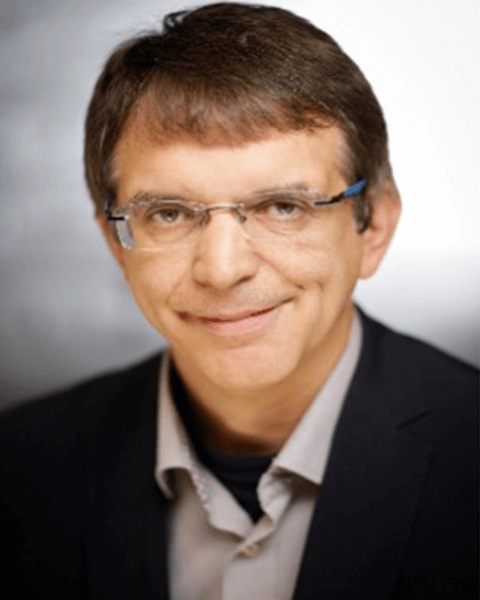
Prof. Dr. Albert Newen
Philosophy of Mind
Ruhr-Universität Bochum
Faculty of Philosophy and Educational Research
Institute for Philosophy II
Email: Albert.Newen@rub.de
One central aim is to work out a general theory of mind combining the framework of situated cognition with representational theories of cognition. Methodologically, this is done from the perspective of interdisciplinary philosophy grounding philosophical theory formation intensely on studies in psychology, psychiatry and neurosciences. One institutional framework is the Research Training Group on “Situated Cognition” which deals with the question of how cognitive processes interact with external influences to produce the mental abilities of humans. The main goal of the research group is to work out the deficits of traditional models of the human mind and to bring together key empirical findings of cognitive science in a new branch of a theory of ‘situated cognition’.
One important development is the predictive processing framework which is also of great interest for our theory formation. Central topics of interest are not only the general theory of mind and cognition but of course also more detailed discussions of perception, memory and action.
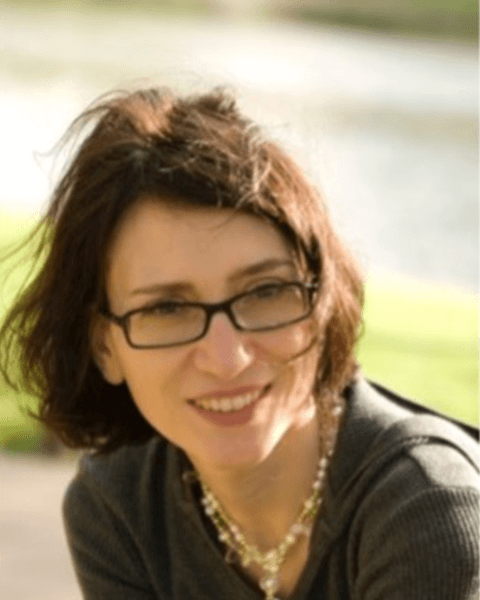
Prof. Dr. Konstanze F. Winklhofer
Biochemistry
Ruhr-Universität Bochum
Medical Faculty
Ruhr-Universität Bochum
Institute of Biochemistry and Pathobiochemistry
Department of Molecular Cell Biology
Email: konstanze.winklhofer@rub.de
Our research interest is focused on quality control and stress response pathways that are essential to maintain neuronal viability and organellar integrity. A decreased efficiency of these pathways is associated with aging and can lead to age-related pathologies, such as neurodegenerative diseases. In this context, a major focus of our work are the causes and consequences of protein misfolding and the role of mitochondria as key organelles in orchestrating cell death and viability and regulating cellular bioenergetics.
Specifically, our ongoing projects concentrate on the following aspects:
(1) Ubiquitin signaling at the interface between stress protection and immune responses
(2) Pathways maintaining mitochondrial integrity
(3) The role of interorganellar crosstalk in the cellular stress response
(4) Cellular quality control pathways to prevent proteotoxic stress
